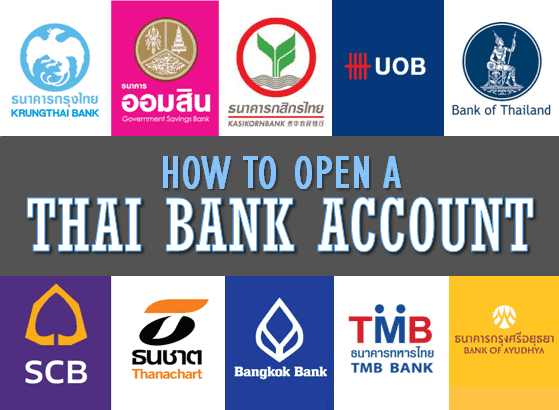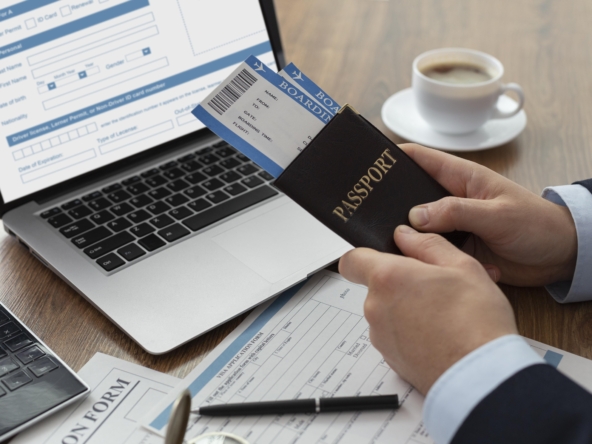Foreign freehold ownership is one of the most sought-after avenues for expatriates and investors looking to purchase real estate in Thailand. This ownership structure allows foreigners to fully own a condominium unit in their name, providing a sense of security and autonomy that is highly valued in the property market. Below, we delve into the key aspects of foreign freehold ownership, including its benefits, regulations, and practical considerations.
What is Foreign Freehold Ownership?
In Thailand, foreign freehold ownership allows non-Thai nationals to own a condominium unit outright. This means that the foreign owner has complete control over the property and can sell, lease, or use it as they see fit. It is important to note that this type of ownership is restricted to condominium units and does not extend to land ownership.
Key Regulations
- Condominium Act: Under the Thai Condominium Act of 1979, foreigners can own up to 49% of the total units in a condominium development. This is often referred to as the “foreign quota.”
- Ownership Structure: To purchase a condominium under freehold, foreign buyers must provide proof of funds originating from abroad, which is typically documented through a Foreign Exchange Transaction Form (FET).
- Unit Purchase: The foreign buyer must ensure that the specific condominium unit they wish to purchase is within the available foreign quota. If the foreign quota is filled, the buyer may need to explore other options or seek a different development.
Benefits of Foreign Freehold Ownership
- Complete Control: As a freehold owner, you have full legal rights over your property. This includes the ability to renovate, rent, or sell the unit without needing permission from a partner or third party.
- Secure Investment: Foreign freehold ownership provides a level of security for investors. You have a legal title that can be transferred, making it easier to resell or pass on to heirs.
- Simplified Process: The purchasing process for foreign freehold properties is generally straightforward, especially when compared to leasehold arrangements or other ownership structures that may involve additional complexities.
- High Demand Locations: Many new condominium developments in popular tourist and expatriate areas are designed with foreign buyers in mind. This means there are numerous options available in prime locations, such as Bangkok, Phuket, and Pattaya.
Practical Considerations
- Due Diligence: Before proceeding with a purchase, it is crucial to conduct thorough due diligence. This includes verifying the developer’s credibility, ensuring the property is within the foreign quota, and checking for any outstanding liabilities on the property.
- Legal Assistance: Engaging a reputable local attorney experienced in Thai property law can help navigate the complexities of the transaction, ensuring compliance with local regulations and protecting your interests.
- Financing Options: While cash purchases are common, some banks in Thailand may offer financing options for foreign buyers. However, these can be limited, so it’s essential to research available options ahead of time.
- Ongoing Costs: In addition to the purchase price, consider ongoing costs such as property management fees, maintenance fees, and property taxes. These can vary significantly depending on the development and its amenities.
Conclusion
Foreign freehold ownership in Thailand presents an attractive opportunity for those looking to invest in real estate. With full ownership rights, a straightforward purchasing process, and a variety of options in desirable locations, it’s a compelling choice for expatriates and investors alike. However, due diligence and professional guidance are essential to navigate the regulatory landscape and ensure a successful investment. Whether you’re seeking a vacation home, rental property, or a permanent residence, understanding the nuances of foreign freehold ownership will empower you to make informed decisions in the vibrant Thai real estate market.
Check out Properties in Thailand




